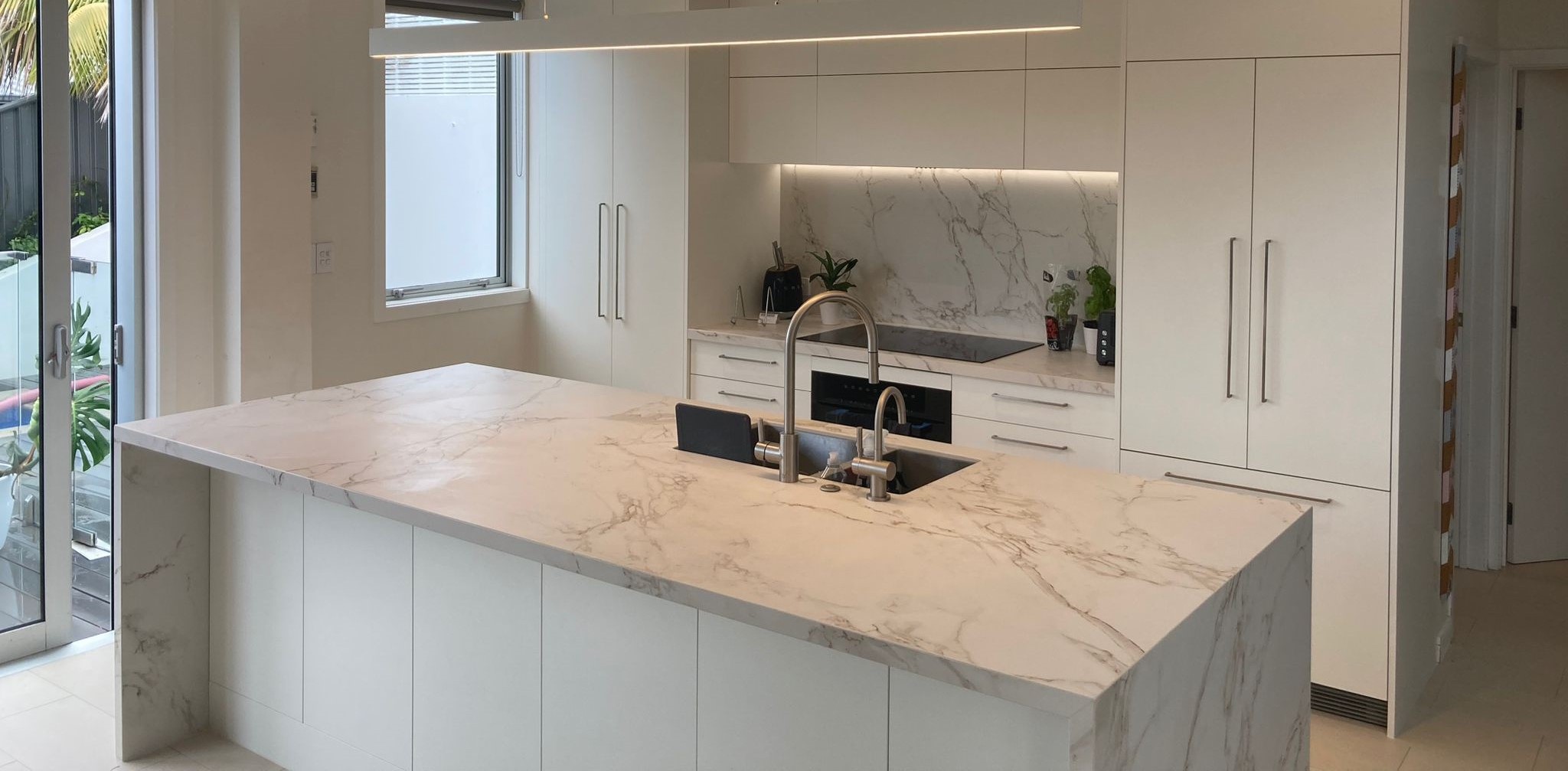Safe Installation and Use of Appliances
Comprehensive Guides →
The safe installation and use of household appliances are vital for preventing electrical overloads and ensuring efficient operation. This guide offers essential guidelines to help homeowners navigate the complexities of managing household appliances, from installation to everyday use, maximising safety and efficiency.

Understanding Appliance Electrical Requirements
Installation Tips for Safety and Efficiency
Follow Manufacturer Instructions
Use the Right Type of Outlet
Consider Professional Installation for Complex Appliances
Preventing Electrical Overloads
Avoid Using Multiple High-Power Appliances Simultaneously
Use Surge Protectors
Regularly Inspect Appliance Cords and Outlets
Efficient Operation of Appliances
Maintain Appliances Regularly
Upgrade to Energy-Efficient Models
Unplug Appliances When Not in Use
Safety Precautions
Water and Electricity Safety
Child and Pet Safety
Residential
EXPLORE →
Commercial
EXPLORE →
Industrial
EXPLORE →
